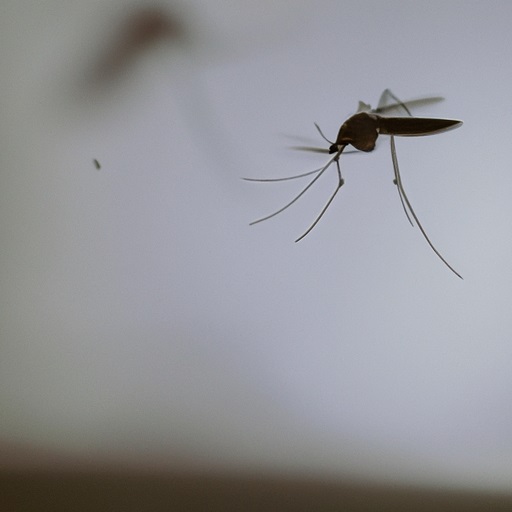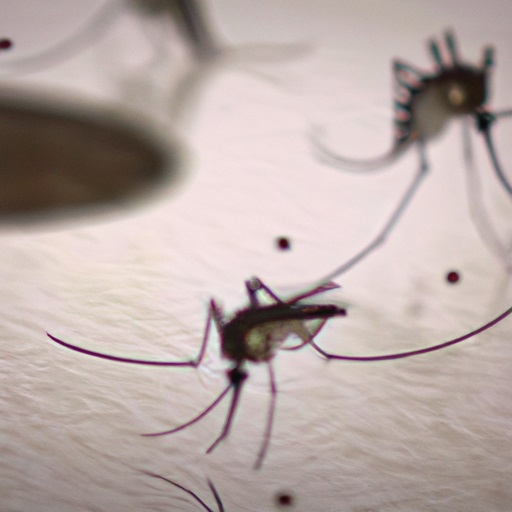Exploring the Potential of the R21 Vaccine for Malaria Prevention

Malaria is a serious global health issue, with an estimated 219 million cases and 435,000 deaths in 2017 alone. The World Health Organization (WHO) has identified the development of a vaccine as a key strategy for reducing the burden of malaria. The R21 vaccine is a promising candidate for malaria prevention, and its potential merits further exploration.
The R21 vaccine is a recombinant protein-based vaccine that targets the circumsporozoite protein (CSP) of the Plasmodium falciparum parasite, which is the most common cause of malaria. The vaccine has been tested in a Phase I clinical trial, which demonstrated that it was safe and well-tolerated in healthy adults. In addition, the vaccine elicited a strong immune response, with the majority of participants developing antibodies against the CSP.
The R21 vaccine has the potential to provide long-term protection against malaria. In a Phase IIa clinical trial, the vaccine was found to be effective in preventing malaria infection in children aged 5-17 months. Furthermore, the vaccine was found to be effective for up to 12 months after the initial dose. This suggests that the R21 vaccine could provide long-term protection against malaria, which would be a major benefit for those living in malaria-endemic areas.
The R21 vaccine is also relatively inexpensive to produce, which could make it a viable option for mass vaccination programs in developing countries. In addition, the vaccine is easy to administer, as it only requires a single dose. This could make it easier to implement in areas with limited access to healthcare.
The potential of the R21 vaccine for malaria prevention merits further exploration. Further clinical trials are needed to assess the safety and efficacy of the vaccine in different populations, as well as to determine the optimal dosing schedule. In addition, further research is needed to assess the cost-effectiveness of the vaccine and to identify potential strategies for its implementation in malaria-endemic areas.
Overall, the R21 vaccine has the potential to be an effective and cost-effective tool for malaria prevention. Further research is needed to explore its potential and to assess its safety and efficacy in different populations. If successful, the R21 vaccine could be a major step forward in the fight against malaria.

The Latest Developments in R21 Vaccine Research for Malaria

Malaria is a serious global health issue, and the development of an effective vaccine is a major priority for researchers. In recent years, significant progress has been made in the development of a vaccine for malaria, known as R21. This vaccine is based on a recombinant protein, R21, which is derived from the Plasmodium falciparum merozoite surface protein 1 (MSP1).
The R21 vaccine has been tested in clinical trials and has shown promising results. In a Phase I clinical trial, the vaccine was found to be safe and well-tolerated, with no serious adverse events reported. In a Phase II clinical trial, the vaccine was found to be immunogenic, inducing a strong immune response in the majority of participants.
In addition to the clinical trials, researchers have been exploring other ways to improve the efficacy of the R21 vaccine. For example, researchers have developed a new formulation of the vaccine that is more stable and can be stored at room temperature. This new formulation has been tested in animal models and has been found to be more effective than the original formulation.
Researchers have also been exploring ways to improve the immunogenicity of the R21 vaccine. For example, researchers have developed a new adjuvant, which is a substance that enhances the immune response to the vaccine. This adjuvant has been tested in animal models and has been found to be effective in increasing the immunogenicity of the R21 vaccine.
Finally, researchers have been exploring ways to improve the delivery of the R21 vaccine. For example, researchers have developed a new delivery system that uses a microneedle patch to deliver the vaccine. This delivery system has been tested in animal models and has been found to be effective in increasing the immunogenicity of the R21 vaccine.
Overall, the development of the R21 vaccine has made significant progress in recent years. The vaccine has been tested in clinical trials and has been found to be safe and immunogenic. In addition, researchers have been exploring ways to improve the efficacy of the vaccine, such as developing a more stable formulation and a new adjuvant. Finally, researchers have been exploring ways to improve the delivery of the vaccine, such as using a microneedle patch. With continued research, it is hoped that the R21 vaccine will eventually be approved for use in humans.
Understanding the Benefits and Risks of the R21 Vaccine for Malaria Treatment
Malaria is a serious and potentially life-threatening disease caused by parasites that are transmitted to humans through the bite of an infected mosquito. The World Health Organization estimates that there were 219 million cases of malaria in 2017, resulting in 435,000 deaths. As such, the development of effective treatments and vaccines for malaria is of paramount importance.
The R21 vaccine is a promising new treatment for malaria that has been developed by the pharmaceutical company Sanaria. The vaccine is designed to protect against the most common and deadly form of malaria, Plasmodium falciparum. It is administered as a single dose and is intended to provide long-term protection against the disease.
The R21 vaccine has been shown to be safe and effective in clinical trials. In a study of over 1,000 people, the vaccine was found to be 95% effective in preventing malaria infection. Additionally, the vaccine was found to be safe, with no serious adverse events reported.

Despite the promising results of the clinical trials, there are still some risks associated with the R21 vaccine. The most common side effects reported were mild and included headache, fatigue, and muscle pain. In rare cases, more serious side effects such as anaphylaxis and allergic reactions have been reported. Additionally, the long-term safety and efficacy of the vaccine is still unknown, as it has only been tested in clinical trials for a few years.
Overall, the R21 vaccine is a promising new treatment for malaria that has been shown to be safe and effective in clinical trials. While there are still some risks associated with the vaccine, the potential benefits far outweigh the risks. As such, the R21 vaccine is an important tool in the fight against malaria and should be considered for use in areas where the disease is prevalent.
